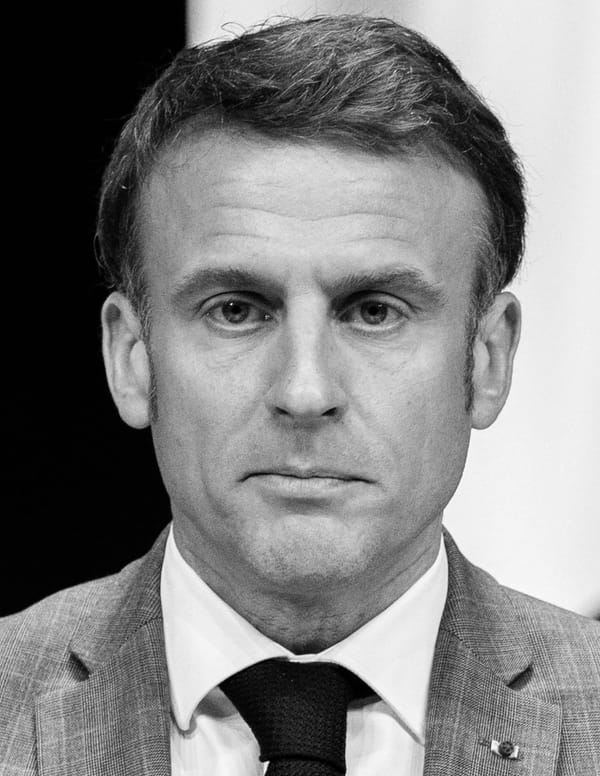Several weeks ago, Emmanuel Macron took the baffling decision to dissolve the French National Assembly and call early parliamentary elections. Not since Charles X in 1830 has a French head of state dissolved parliament under such unfavorable circumstances. Macron’s allies held a tenuous parliamentary majority since the last elections, held in 2022. The president’s approval ratings were at historic lows. His party’s decisive defeat in the European parliamentary elections at the hands of the Rassemblement National, or RN, had exposed his weaknesses. Yet Macron dissolved the assembly and invited his own downfall. Then, in a bid to stop the RN from winning the most seats, he demolished his own party and strengthened the hand of the far left.
Although the RN didn’t receive a majority and its energetic young leader Jordan Bardella won’t become prime minister, the result is short of the decisive repudiation of the far right that many pundits take it to be. RN’s popular-vote performance indicates a massive electoral realignment. Winning more than 10 million votes, the RN was far ahead of any other party. It nearly tripled its vote count from 2022. It surpassed Macron’s vote total from the legislative elections of 2017, when he won a historic majority.
